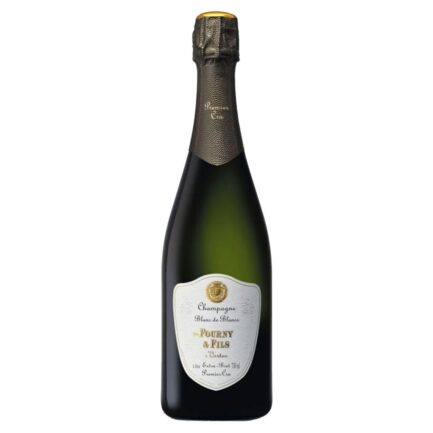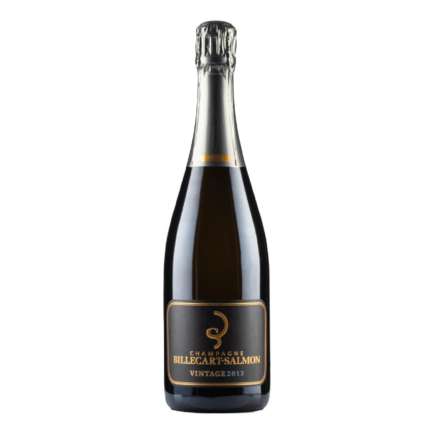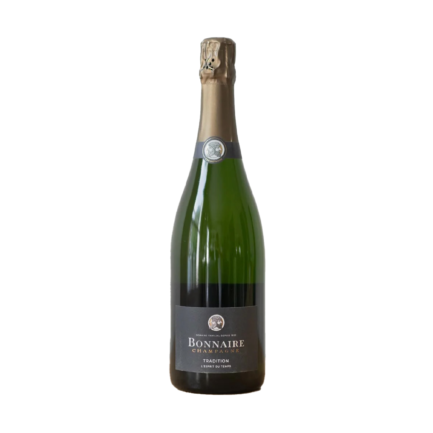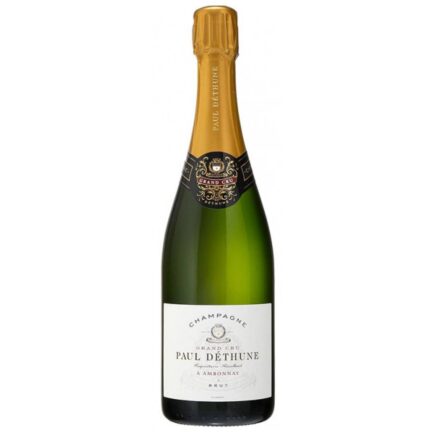Sir Winston Churchill 2013, Pol Roger, Epernay
£ 202.05
Out of stock
Details
Tasting Notes
With its splendid golden hue and coppery bright tints, this Champagne is captivating to the eye. The first nose opens with a subtle scent of dried rose petals before developing into well-rounded vanilla and candied fruit.
On the palate, the wine is balanced and underpinned with a hint of citrus fruit and delightful freshness. Enchanting and lucsious, as it opens up it reveals notes of pattiserie, quince and green tea, magnified by deliciously delicate bubbles, characteristic of this wine of power and character.
The high proportion of Pinot Noir in the blend lends the wine structure and length as well as a perfect balance of generosity and elegance: a veritable symphony of sensations.
The Producer
The relationship between Champagne Pol Roger and Sir Winston Churchill dates back to a providential meeting at a luncheon given by the British Ambassador to France some months after the liberation of Paris at which the sumptuous 1928 vintage of Pol Roger was served. Attending the lunch was the beautiful Odette Pol Roger as well as the Prime Minister, Winston Churchill, with whom she struck up an instant rapport. A friendship was born which continued until Churchill’s death, creating links between the Pol Roger and Churchill families which are still as strong to this day. The pressures of his post sadly prevented Churchill ever paying a visit to 44 Avenue de Champagne, the home of Champagne Pol Roger, but he nonetheless proclaimed it “the most drinkable address in the world”. As recompense for breaking his promise to visit he sent Odette a copy of his Memoirs inscribed “Cuvée de Réserve, mise en bouteille au Chateau de Chartwell”. He even named one of his racehorses “Pol Roger” and the filly strode to victory at Kempton Park in 1953, Coronation Year.
Vinification
Once harvested, the grapes are immediately and delicately pressed. The alcoholic fermentation takes place at a low temperature (18°C) in temperature-controlled stainless steel vats, with each variety and the production of each village kept separate until final blending. All the wines go through a malolactic fermentation. After tasting, blending and bottling, the secondary fermentation and maturation takes place in the cool atmosphere of their cellars located 33 metres below street level for at least four years on the lees.
